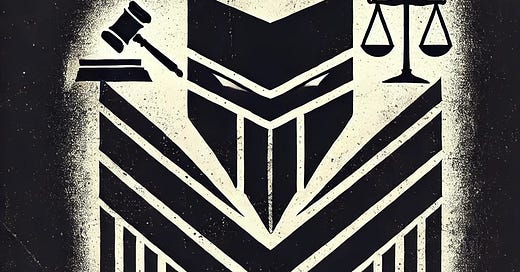Andre Cronje, the influential developer, often tagged as the grandpapa of Defi behind Yearn Finance and Keep3r Network, has publicly disclosed that prolonged scrutiny from the U.S. Securities and Exchange Commission (SEC) drove his abrupt exit from decentralized finance (DeFi) in 2022. In a candid blog post, Cronje detailed a two-year legal battle that drained his resources, stalled development, and ultimately forced him to step away from public-facing work in crypto.
The Backstory: Yearn, Keep3r, and Regulatory Compliance
Cronje launched Yearn Finance in January 2020 and Keep3r Network in 2021 under a strict non-commercial framework. Both projects operated without fundraising, token sales, or personal profit, he emphasized. All code was open-source, and Cronje claims he took no fees or allocations, structuring the projects to avoid securities law violations.
“I was not a U.S. citizen, resident, or targeting U.S. users,” Cronje wrote. “But regulators didn’t seem to care.”
SEC Investigation Begins
In 2021, Cronje received his first SEC inquiry—a request for details about Yearn’s structure, investors, and profit distribution. He spent weeks compiling data, including information he lacked and had to spend lots of time researching in order to get answers.
“I thought compliance would end it. Instead, it escalated,” he said.
By the second letter, Cronje realized he needed legal help. With no corporate entities or revenue streams to fund a defense, he turned to attorneys Gabriel Shapiro (LexNode) and Stephen Palley, who assisted at reduced rates.
Shifting Regulatory Tactics
The SEC’s focus pivoted repeatedly, according to Cronje:
Initial Angle: Alleged securities violations via fundraising (which Cronje denies occurred).
New Target: Yearn’s vaults, which the SEC argued functioned as unregistered “investment vehicles.”
Cronje was forced to prove he derived no financial benefit from the protocols, despite their decentralized design. “I spent months defending code I released for free,” he wrote.
The Breaking Point
After two years of monthly legal demands, Cronje faced a choice: continue draining time and money on compliance or step back. He chose the latter.
“You receive all the downside, none of the benefit,” he said. “I couldn’t build anymore. The stress was unsustainable.”
Stealth Building and a Return
Cronje clarified he never abandoned crypto. Instead, he shifted to private R&D, studying TradFi regulations and refining decentralized infrastructure. He now claims to be “close to releasing new primitives,” though details remain undisclosed.
Broader Implications for DeFi
Cronje’s account underscores growing tensions between regulators and decentralized protocols. He argues that targeting builders—rather than centralized intermediaries like exchanges—threatens innovation.
“Regulating decentralized smart contracts is impossible without chasing builders away,” he wrote, referencing a 2022 blog post on “regulated crypto” frameworks.
Industry Reaction
The crypto community has long speculated about Cronje’s exit, with many praising his transparency. Legal experts warn his case could set a precedent for how regulators pursue global, pseudonymous developers.
“This isn’t just about Andre,” said Gabriel Shapiro in a statement. “It’s about whether open-source developers can exist without becoming legal targets.”
What’s Next?
Cronje says he’s now free to speak publicly after the SEC investigation concluded. His story highlights regulatory risks for DeFi builders—and the personal toll of operating in a gray area.
“I don’t wish this on anyone,” he wrote. “But the future is decentralized. We keep building.”
For Cronje’s full account, read his original post here.
Read more of Andre Cronje’s writings on his Medium blog



